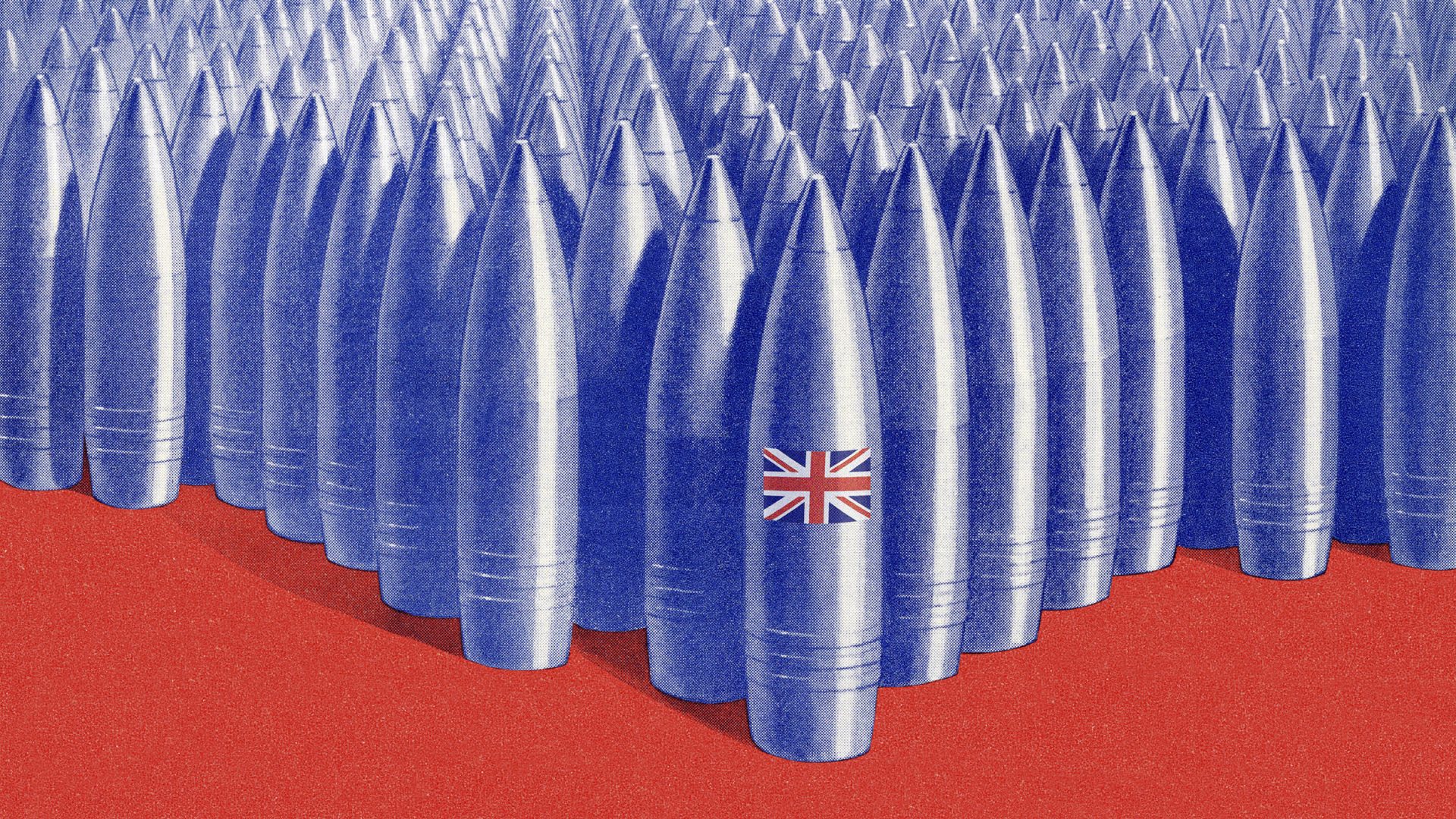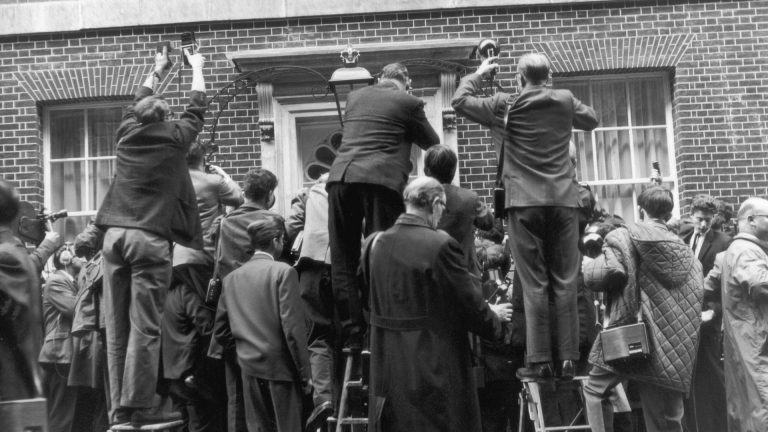The eruption of full-scale warfare in Ukraine and the middle east has laid bare some horrific truths. It also contains lessons that must be painfully re-learned by European democracies if they are to be ready to defend themselves. The UK is no exception.
Perhaps the most enduring lesson is that successful warring societies must not just be able to land punches – they must also be able to absorb them. Both Ukraine and Russia have suffered heavy casualties, and in the case of Ukraine, that includes both civilians and soldiers thanks to Russia’s total disregard for the laws of war. Despite this, both sides continue to keep fighting, with no clear end in sight.
The British military has, since the 1990s, formed itself into a small, elite expeditionary force. However, decades of cuts and a lack of political prioritisation have led to a skin-deep force, plagued by a well-publicised shortage of both people and weaponry. Thrown into a war such as the one in Ukraine, the British military would find itself rapidly depleted and combat-ineffective within weeks.
Size matters. Ukraine, a country of less than 40m citizens, is estimated to have close to a million service people under arms – and yet it is still considered to have a manpower shortage. Despite horrendous casualties, Russia’s forces are larger in size than they were pre-2022.
Similarly, Israel has managed to sustain a full-scale war against multiple opponents for the better part of two years by mobilising a large percentage of its conscript reservists. While peacetime conscription is not something that the UK should consider, the current size of the UK’s armed forces – especially its all-important part-time reserves – is far too small for sustained conventional warfare.
Suggested Reading


Will war in Iran spike global fuel costs?
In the Ukraine War, there have been huge losses of equipment, from tanks to drones. Since 2022, Russia alone has lost over 4,000 tanks – Britain is planning to retain only 148 tanks within its arsenal. Similarly, the UK would currently run out of key types of ammunition – especially missiles – within a few days of intense fighting. Having wider, deeper stocks of both equipment and ammunition is an enduring lesson of warfare that the UK must relearn.
It is not just militaries that need to be resilient, but wider society as well. Ukrainian citizens have faced daily attacks on their homes and infrastructure, and yet there has not been a collapse of society or the economy. Israel has been under sustained attack for almost two years, and successfully continues to function.
In contrast, Iran has seen itself thrown into disarray after a week of intense Israeli attack. Successful resilience relies on preparation and the close coordination of different arms of government – not just those related directly to defence – as well as wider civil society. That includes the all-important ability to sustain morale among the wider population.
While because of its geography the UK is unlikely to receive the sustained assaults that both Israel and Ukraine have endured, that does not mean that the home islands are not excessively vulnerable. Sky News recently published The Wargame which showed how weak Britain’s defences are against air attack, especially from ballistic missiles. Much of British military and civilian infrastructure is not hardened against attack, and our Cold War-era civil defence preparations have been allowed to lapse. It is not just physical attack that threatens us – cyber attack, sabotage, information operations, and assassination are all threats. In wartime, their use would intensify.
The next key lesson is the ability to adapt to changing circumstances and new technology. Ukraine’s particular ability to adapt and innovate on the fly – often with limited resources – has proven a key asymmetric strength against the Russian invaders. This can be seen most clearly in the rapid deployment of new types of drone. In contrast, Iran has clearly been unable to adapt to new kinds of threat.
The UK government’s traditional procurement and operational practices are slow and risk-averse, and tend to focus on process rather than output, which is entirely unsuited to the new era of rapid adaptation. Ukraine has managed it thanks to strong links between the military, officials, and industry – the UK must emulate this. The ability to marshal talented people from all walks of life to work on the same problem, while avoiding deadening bureaucracy, will be critical to the UK rebuilding its defences.
Suggested Reading


Iran, Trump and the slide into global anarchy
Finally, alliances and partnerships still matter. Both Ukraine and Israel have been heavily sustained by other nations. Even Russia has required the support of China and North Korea to keep its war machine grinding. By comparison, Iran – fundamentally an isolated power – has seen itself left to fight alone without any significant allies other than its own battered proxies such as Hamas and Hezbollah. The UK’s greatest defence strength – outside its nuclear arsenal – is its network of allies and membership within Nato. This must be continually cultivated and renewed, especially in a time of mercurial foreign policy emanating from the US.
The UK’s recent Strategic Defence Review, to its credit, highlighted many of these lessons and offered solutions. However, it will take more than a policy paper to change the status quo. Significant political and institutional will, as well as money, are required to prepare the UK for war.
Matthew Palmer is a former army officer and fellow of the Royal Navy Strategic Studies Centre











